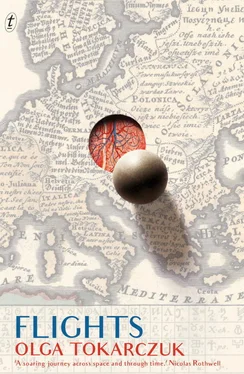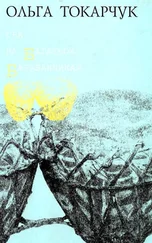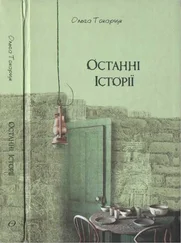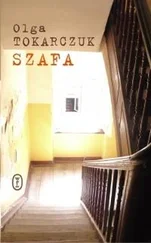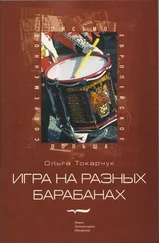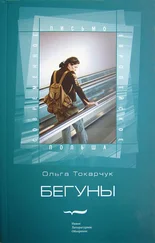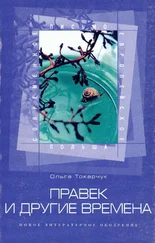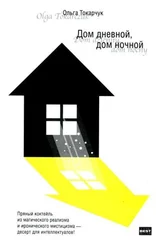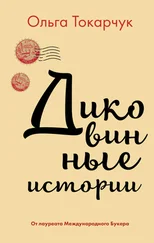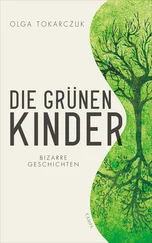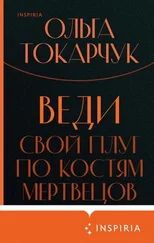It’s an olive grove, bone dry. The grass crunches underfoot. There are wild blackberry bushes in between the gnarled olive trees; new sprouts attempt to slip out onto the path and seize him by the leg. There is rubbish everywhere: Kleenexes, those disgusting pads, human excrement populated by flies. Other people also stop alongside the road to relieve themselves. They don’t bother to go any further into the thicket; they’re in a hurry, even here.
There’s no wind. There’s no sun. The motionless white sky looks like the canopy of a tent. It’s muggy, and particles of water jostle up against one another in the air, and everywhere there is the smell of the sea – of electricity, of ozone, of fish.
Something moves, but not over there amidst the spindly trees – right here, beneath his feet. An enormous black beetle emerges onto the path; palpating the air for a moment with its antennae, it pauses, evidently aware of a human presence. The white sky is reflected in the beetle’s flawless carapace as a milky blot, and for a moment Kunicki feels as though he’s being watched by an odd eye on the ground not belonging to any body, detached and disinterested. Kunicki nudges the earth slightly with the tip of his sandal. The beetle scurries across the narrow path, rustling in the desiccated grass. It disappears into the blackberries. That’s it.
She had said: ‘Stop the car.’ When he’d stopped, she had got out and opened the back door. She’d unfastened their son from his car seat, taken him by the hand, and led him off. Kunicki had had no desire to get out – he’d felt sleepy, tired, although they had only come a couple of miles so far. He’d barely even glanced at them out of the corner of his eye; he hadn’t known he was supposed to be watching. Now he tries to call back up that blurred image, make it sharper, bring it up closer – keep it still. He watches them walk away from him, down the crackling path. He seems to think she’s wearing light-coloured linen trousers and a black T-shirt. Their son is wearing a tricot tee with an elephant on it, which he actually knows for sure because he was the one who put it on him that morning.
As they walk, they talk to each other, but he can’t hear them: he hadn’t known he was supposed to be listening. Then they vanish into the olive trees. He doesn’t know how long all of this takes, but it’s not long. A quarter of an hour, maybe a little more. He loses track of time. He hadn’t looked at his watch. He hadn’t known he was supposed to keep track of the time.
He hated when she asked him what he was thinking about. He would always answer ‘Nothing,’ but she never believed him. She said you couldn’t not think. She’d grow indignant. But he can – and here Kunicki feels something like satisfaction – not think about anything. He knows how.
But then suddenly he stops in the middle of the blackberry brush, stands still, as though his body, straining toward the blackberry rhizome, has inadvertently discovered a new equilibrium point. The quiet is accompanied by flies buzzing and by the roar of his thoughts. For a moment he can see himself from above: a man wearing ordinary cargo trousers with a white T-shirt and a little bald spot on the back of his head, among the clumps of the thicket, an intruder, a guest in someone else’s home. A man under fire, dropped into the epicentre of a momentary ceasefire in a battle involving both the blazing sky and the chapped earth. He panics; he would like to hide now, run back to the car, but his body ignores him – he can’t move his foot, can’t force himself back into motion. Can’t force himself to take a step. The links have been severed. His foot in its sandal is an anchor that keeps him stuck to the ground. Consciously, trying hard, surprised at himself, he does force it forward again. There is no other way out from that hot, boundless space.
They came on 14 August. The ferry from Split was full of people – lots of tourists, though mostly locals. The locals carried shopping bags; everything was cheaper on the mainland. Islands spawn parsimony. It was easy to tell the tourists apart, because when the sun began its inevitable descent into the sea, they crossed over to starboard and pointed their cameras at it. The ferry slowly passed by scattered islands, and then it was as though it had emerged into open sea. A disagreeable sensation, a fleeting, frivolous moment of panic.
They had no trouble finding the guesthouse where they were staying, called Poseidon. It was owned by a bearded man named Branko wearing a T-shirt with a shell on it. He insisted they be on a first-name basis and patted Kunicki familiarly on the back as he led them through the narrow stone house and up the stairs to their apartment, which he showed them with evident pride. They’d have two bedrooms and a corner kitchenette with the traditional furnishings, laminated fibreboard cupboards. Its windows looked out on the beach and open sea. There was an agave in full bloom at one window – the flower, sitting atop its strong stem, rose triumphantly up above the water.
He pulls out a map of the islands and considers the options. She might have got disoriented and simply rejoined the road in a different spot. She was probably just standing somewhere else now. Maybe she would even flag down a car and go – where? According to the map, the road drew a winding line across the whole of the island, so that you could travel all the way around without ever getting down to the sea. Which was how they had gone to the town of Vis a few days earlier.
He puts the map on her seat, on top of her purse, and starts driving. He goes slowly, looking for them among the olive trees. But at some point the landscape changes: the olive grove makes way for rocky wastelands overgrown with dry grass and blackberries. White limestone’s bared like giant teeth fallen from the mouth of some wild beast. He turns around after a few kilometres. Now to his right he sees stunningly green vineyards, and within them, every so often, little stone tool sheds, bleak and empty. The best-case scenario was for her to have got lost, but what if she had become unwell, her or their son – it’s so stuffy, so hot. Maybe they need urgent care, and instead of doing anything, he’s just driving up and down the road. What an idiot, he thinks – how had he not thought of this before? His heart starts striking sooner. What if she had sunstroke? What if she broke her leg?
He goes back and honks the horn a few times. Two German cars go by. He checks the time; it’s already been about an hour and a half, which means the ferry will have gone. White, commanding, it will have swallowed up the cars, shut its rear doors, and set off across the sea. Minute by minute, ever broader tracts of indifferent sea will separate them. Kunicki has a sense of foreboding that dries his mouth out, a sense of something that has some connection to the rubbish by the road, the flies and the human waste. He gets it. They’re gone. They’re both gone. He knows they’re not among the olive trees, and yet he runs down the dry path and calls out for them, knowing they won’t respond.
It is the hour of postprandial siestas on the island of Vis, and the little town is almost empty. On the beach, right by the road, there are three women flying a light blue kite. He takes a good look at them once he’s parked. One of them is wearing cream-coloured trousers stretched skintight over her big buttocks.
He finds Branko sitting at a little café, sharing a table with three other men. They’re drinking wormwood liqueur like whiskey, with ice. Branko smiles in surprise when he sees him.
‘Did you forget something?’ he asks.
They offer him a chair, but he doesn’t sit. He wants to tell them everything in an orderly manner, and he switches over into English while at the same time wondering in some other part of his brain, as though this were a film, what one does in a situation like this. He says they’re gone – Jagoda and his son. He explains when, and where. He says he looked and couldn’t find them. Then Branko asks:
Читать дальше
